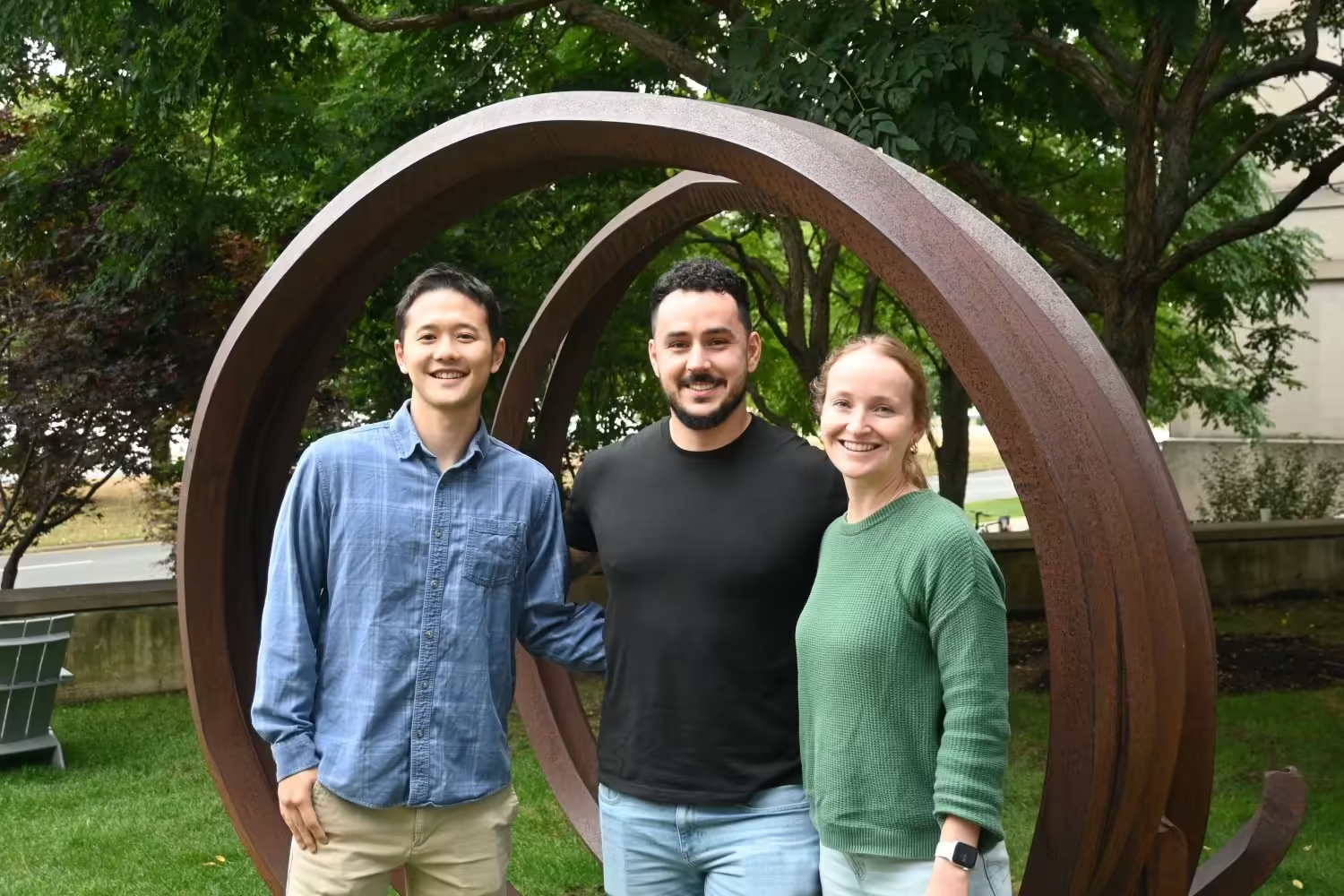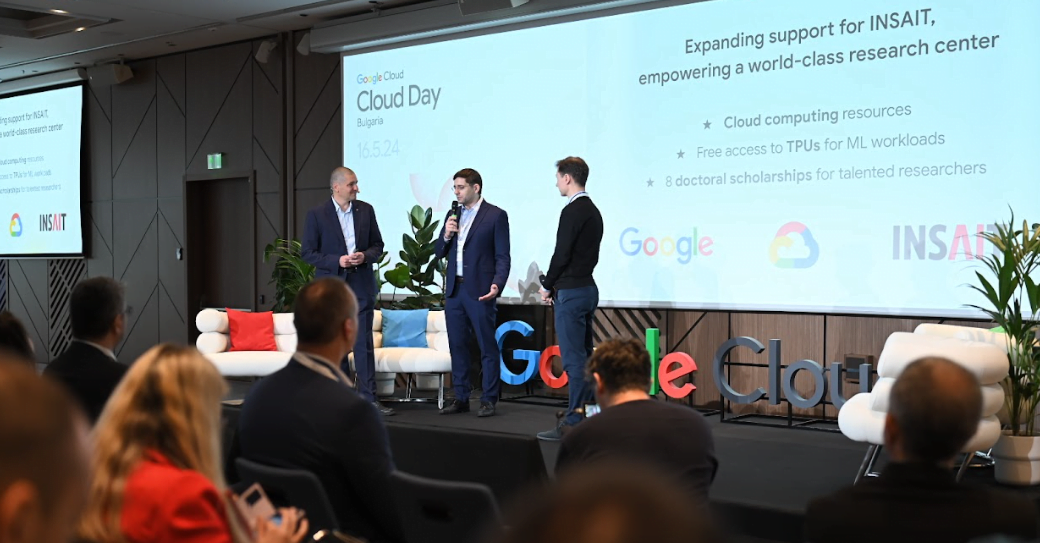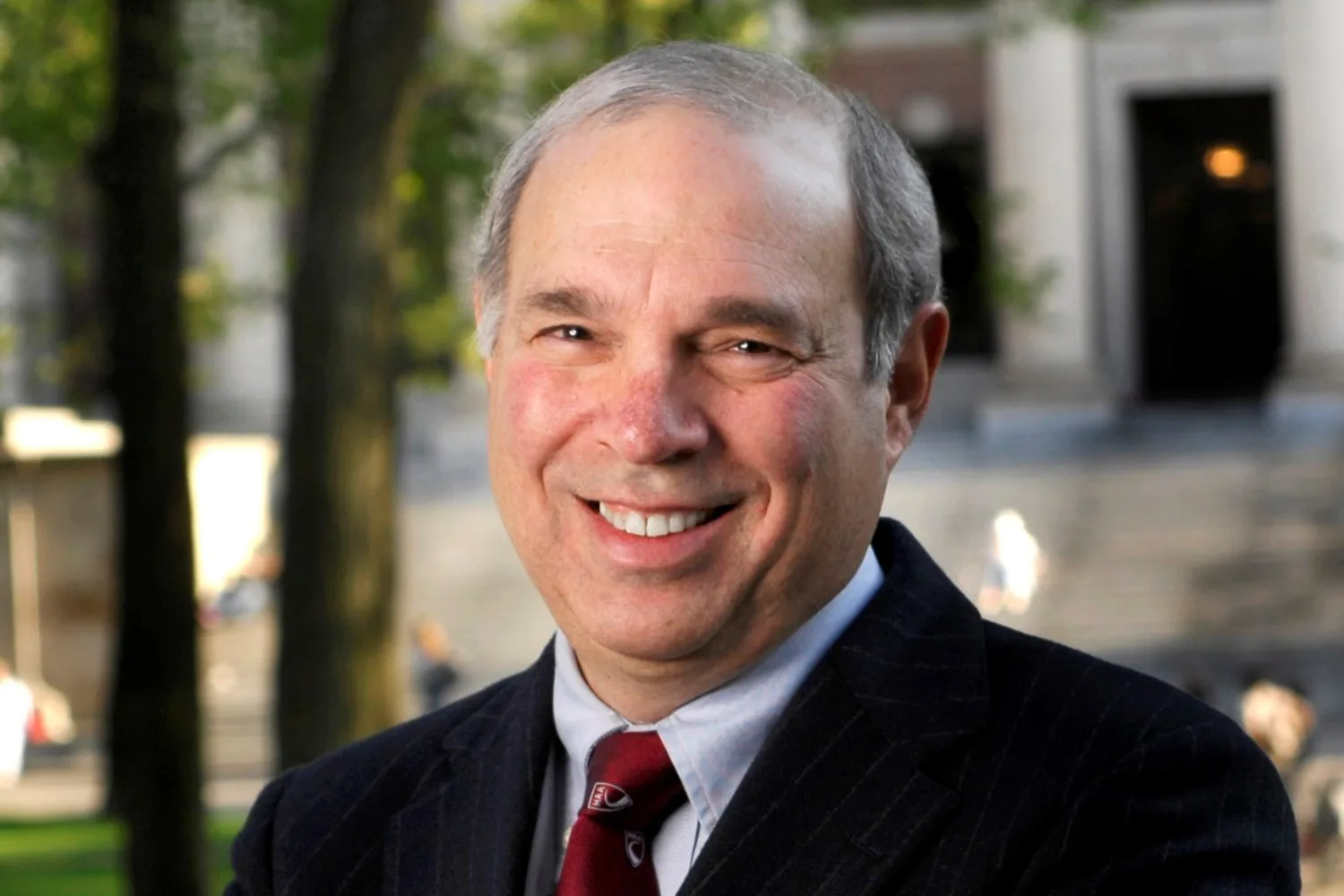The Massachusetts Institute of Technology (MIT) is dedicated to addressing some of the world’s most pressing issues, with a particular focus on climate change. The MIT Energy and Climate Club (MITEC), previously known as the MIT Energy Club, has been actively educating and engaging the MIT community on this critical topic and related issues since 2004.
MITEC, one of the largest clubs on campus, boasts hundreds of active members from various disciplines, including undergraduate and graduate students. It serves as a central hub for thought leadership and networking within the Institute. The club’s co-presidents, Laurențiu Anton, a PhD candidate in Electrical Engineering and Computer Science; Rosie Keller, an MBA student at the MIT Sloan School of Management; and Thomas Lee, a PhD candidate at the Institute for Data, Systems, and Society, encourage faculty, staff, and alumni to join and participate in this ever-growing club.
Each co-president focuses on specific areas to support the student managing directors and vice presidents of the club’s various committees. Keller oversees teams responsible for external relations, social affairs, the Launchpad program, and the energy and climate hackathon. Lee supports the leadership team for the upcoming Spring Energy Conference, assists the club’s treasurer with budgeting and finances, and guides the industry sponsorship team. Anton manages marketing, community, and education, as well as the leadership teams for the Energy and Climate Night and the Energy and Climate Career Fair.
« We see MITEC as the organization that brings together everything related to energy and climate on campus. Our goal is to share actionable information, not just have discussions. We collaborate with other campus organizations, such as the MIT Environmental Solutions Initiative, to raise awareness, » Anton explains. « Our Community and Education team is currently working with MIT ESI to create an ecosystem map that we are excited to produce for the MIT community. »
To disseminate knowledge and engage more people in solving climate and energy issues, MITEC hosts a variety of annual events, including the MIT Energy and Climate Night, the MIT Energy and Climate Hackathon, the MIT Energy and Climate Career Fair, and the MIT Energy Conference, scheduled for March 3-4 next spring. The club also offers students valuable professional experience by engaging with major companies like Constellation Energy and GE Vernova on real-world climate and energy challenges through their Launchpad Program.
Founded in 2006, the annual MIT Energy Conference is the largest student-run conference in North America focused on energy and climate issues, attracting hundreds of participants each year, including CEOs, policymakers, investors, and academics leading the global energy transition.
« The theme for the 2025 MIT Energy Conference is ‘Breakthrough to Deployment: Driving Climate Innovation to Market,’ emphasizing the importance of both cutting-edge research innovation and large-scale commercial deployment to successfully achieve climate goals, » Lee states.
Anton highlights that the first of MITEC’s four flagship events, the MIT Energy and Climate Night, is a research symposium held annually in the fall at the MIT Museum, scheduled for November 8. The club invites a select number of keynote speakers and several dozen student poster presentations. Guests can interact with students, who in turn practice presenting their research. The club’s career fair will take place in the spring semester, shortly after the Independent Activities Period.
MITEC also provides its members opportunities to connect with companies working to improve the energy sector, contributing to slowing and adapting to the effects of climate change.
« We recently visited Provincetown to see Eversource’s battery energy storage facility. This opened doors for club members, » Keller notes. « The Provincetown battery helps address grid reliability issues after extreme storms in Cape Cod, demonstrating the connection between energy and climate change mitigation and adaptation, » Lee adds.
« MITEC is also a great way to meet other MIT students you might not otherwise encounter, » Keller says.
« We always welcome more undergraduate students to join MITEC. There are many leadership opportunities within the club that they can leverage to build their resumes. We also have a strong and growing collaboration with different centers on campus, such as the Sloan Sustainability Initiative and the MIT Energy Initiative. They support us with resources, presentations, and help amplify what we do. But students are the driving force of the club and shape the programs, » Lee explains.
The co-presidents are excited about MIT President Sally Kornbluth’s commitment to elevating climate change solutions and her recent launch of the MIT Climate Project to accelerate and scale up climate change solutions.
« We look forward to meeting the new directors of the MIT Climate Project and the interim vice president for climate change, Richard Lester. We are eager to explore how MITEC can support and collaborate with the MIT Climate Project, » Anton says.
Lee, Keller, and Anton hope MITEC will continue to promote solutions to climate challenges. They emphasize that while individual actions like bringing a personal thermos, using public transportation, or recycling are necessary, there is a broader perspective to consider. They encourage the MIT community to think critically about the infrastructure and extensive supply chains behind the products everyone uses daily.
« It’s not just about bringing a thermos; it’s also about understanding the lifecycle of that thermos, from production to disposal, and how our daily choices are connected to global climate impacts, » Anton explains.
« Everyone should get involved in this global issue. We would like to see more people thinking about how they can use their careers to make a change. Consider how they can adapt to the kind of role they can play, whether in finance or technology. I think exploring what that looks like as a career is also a very interesting way to think about getting involved in the issue, » Keller says.
« MITEC’s newsletter reaches over 4,000 people. We are grateful that so many are interested in energy and climate change, » Anton concludes.



